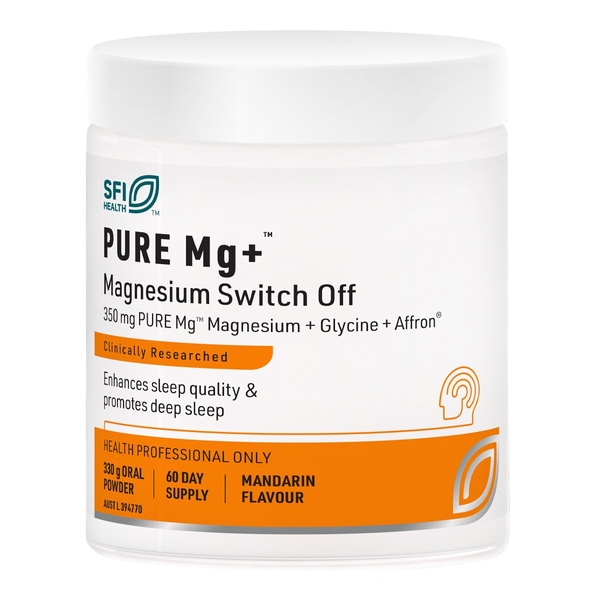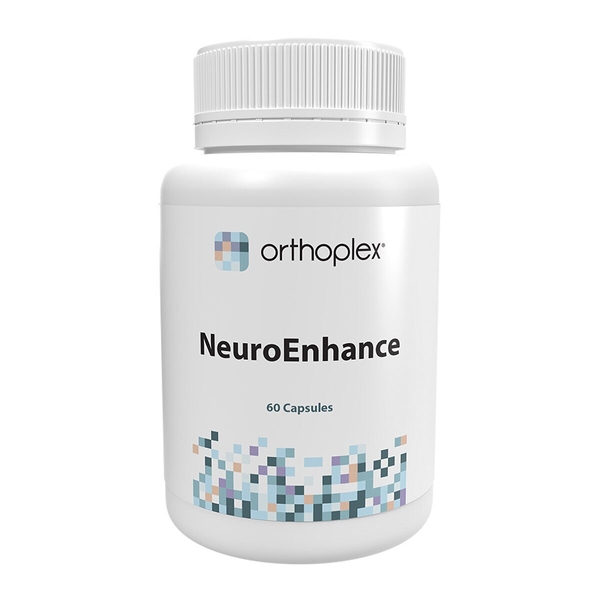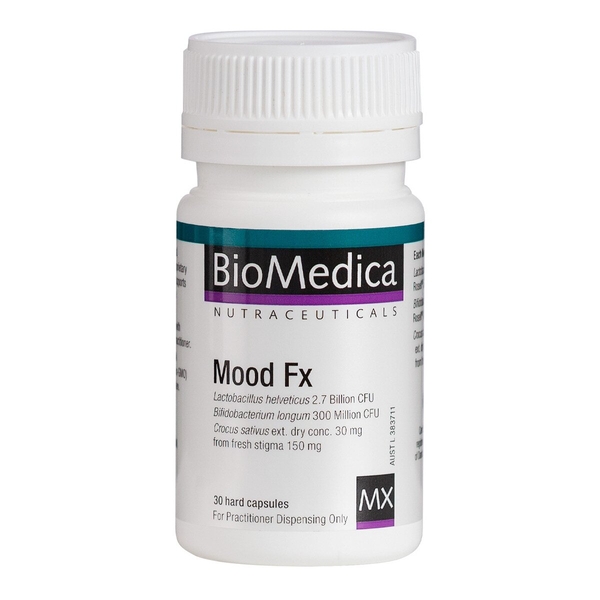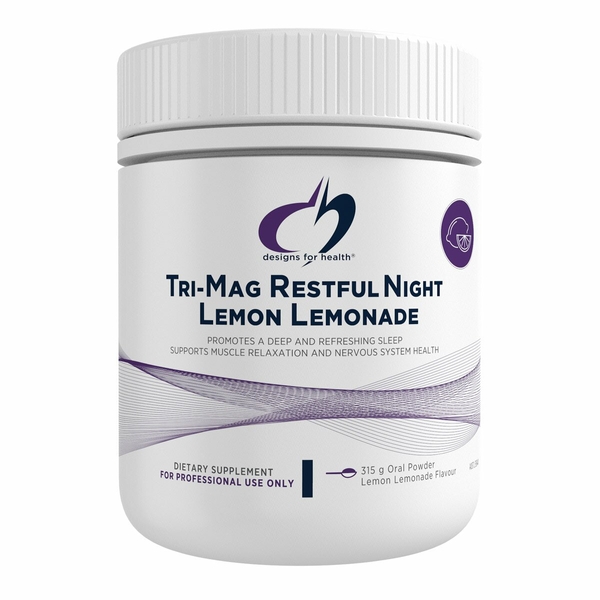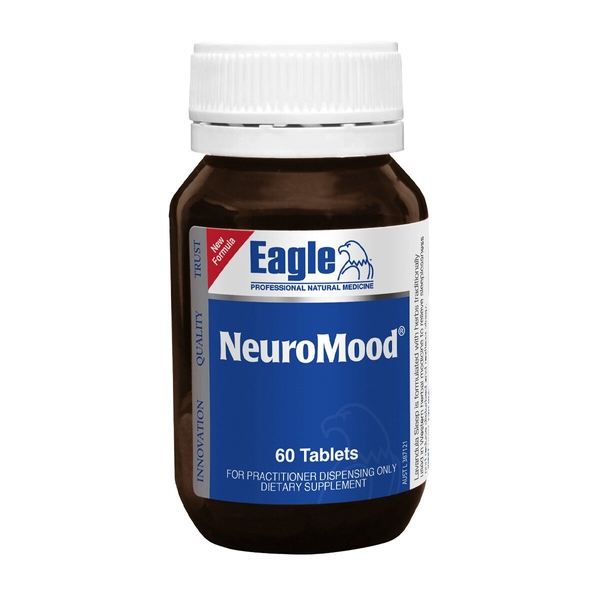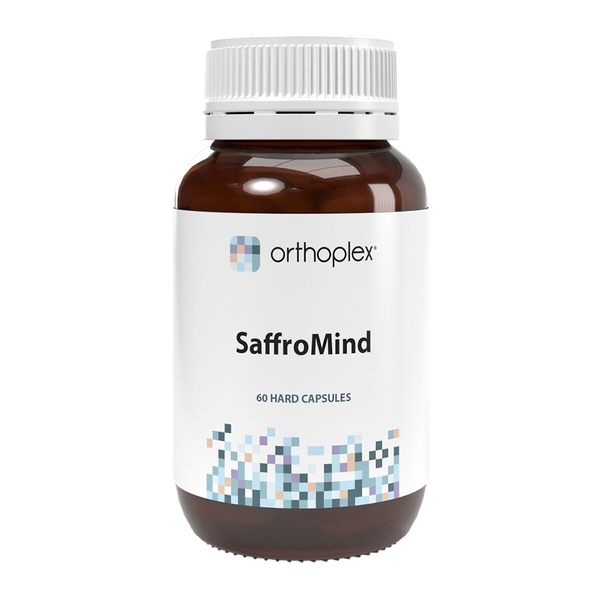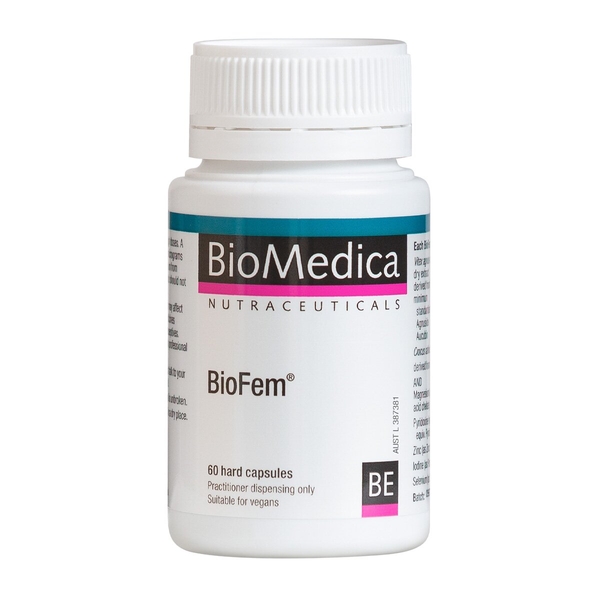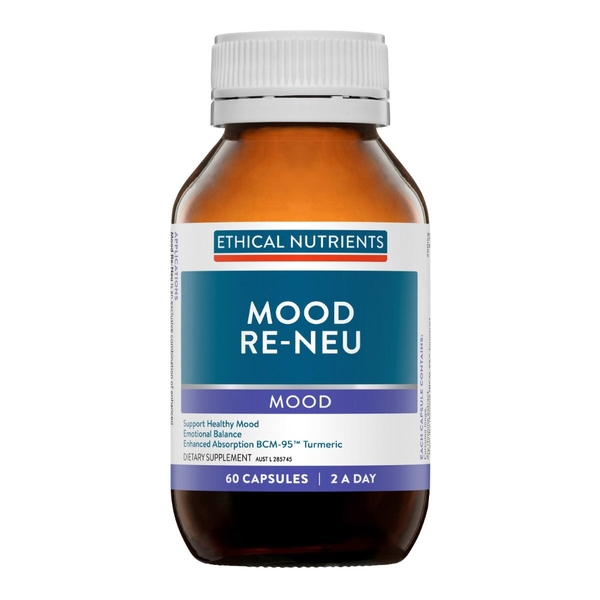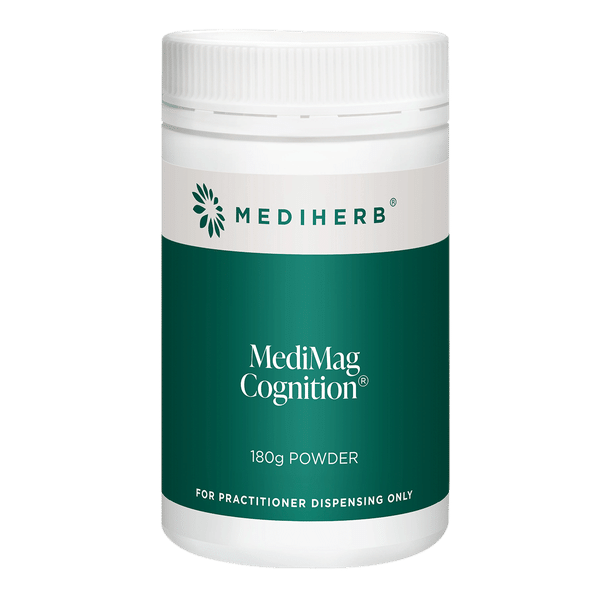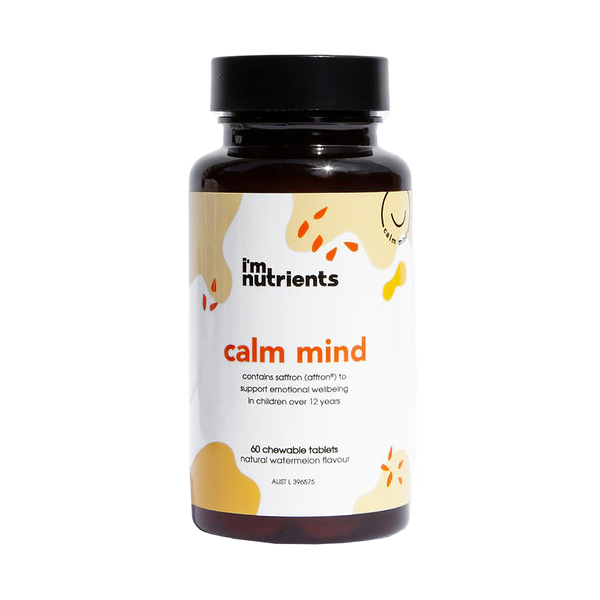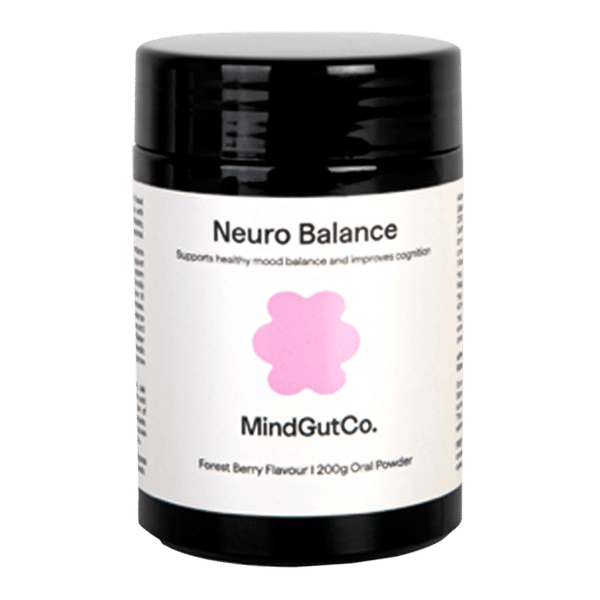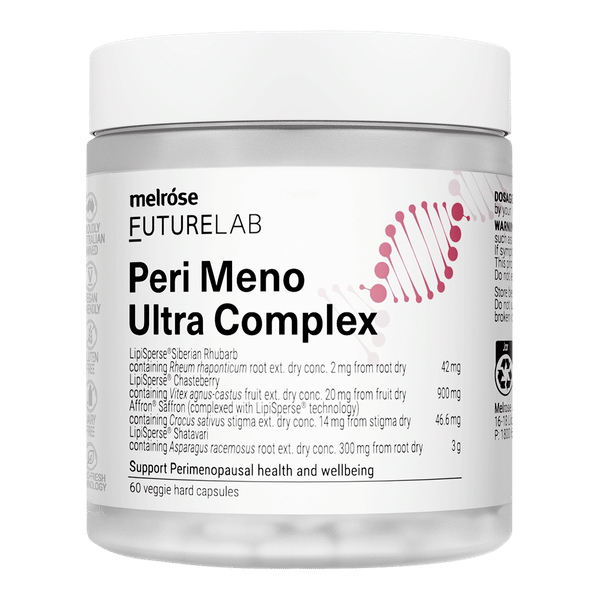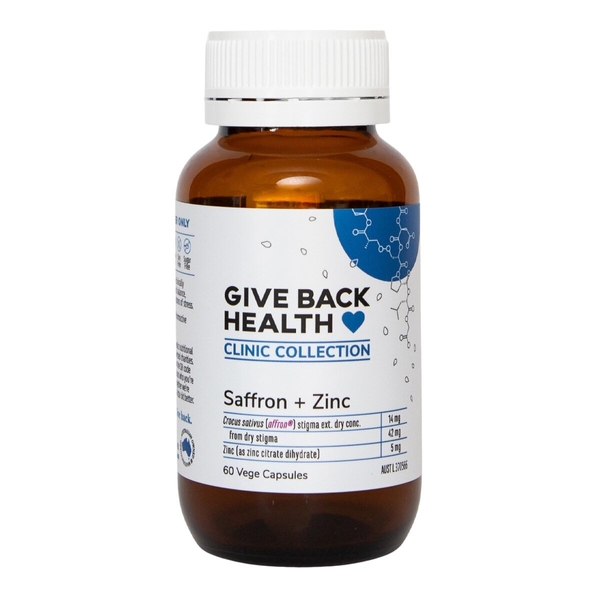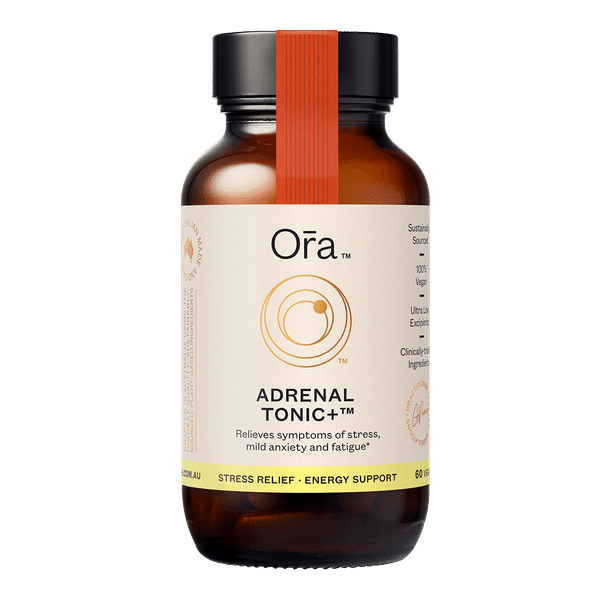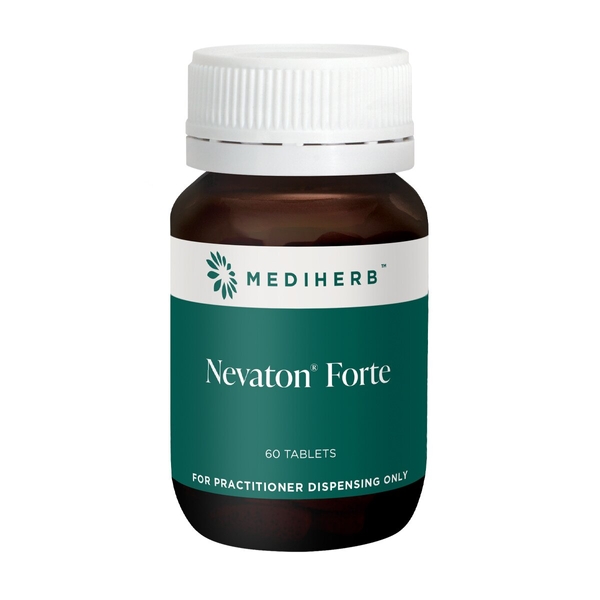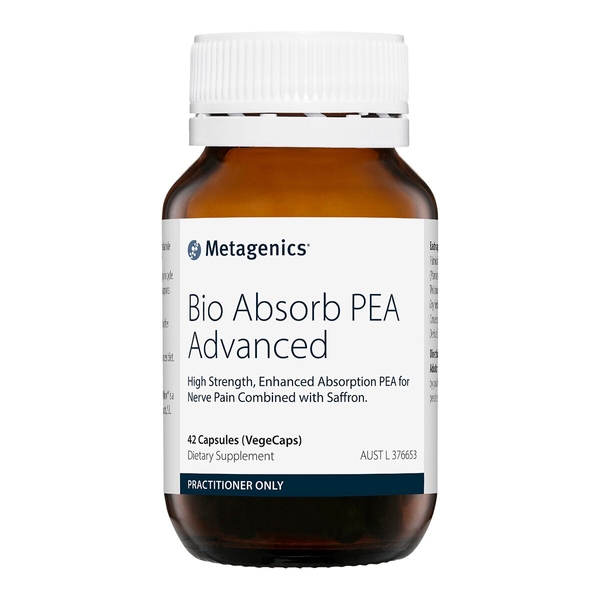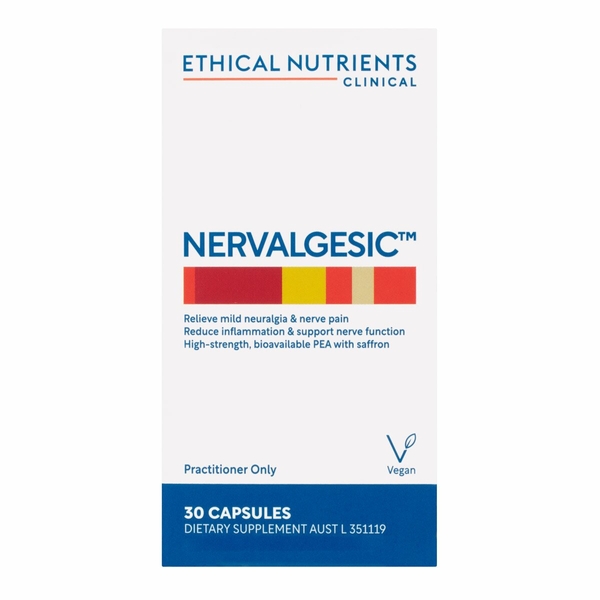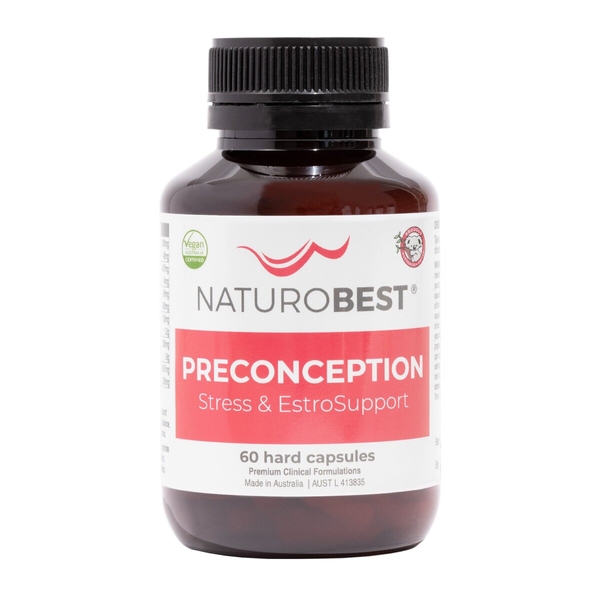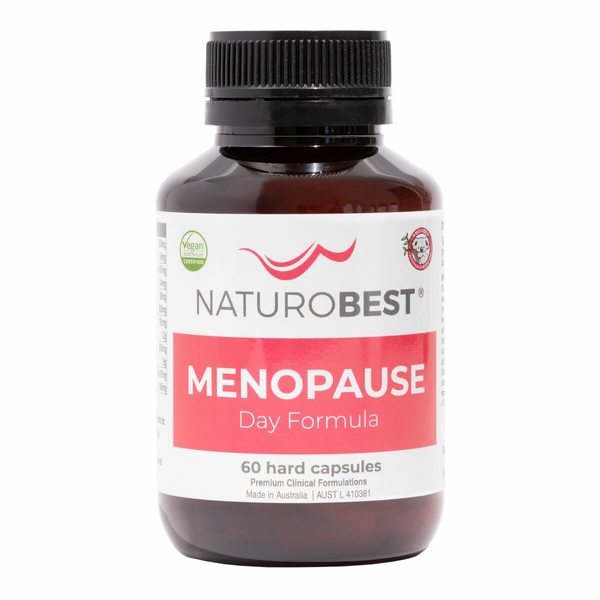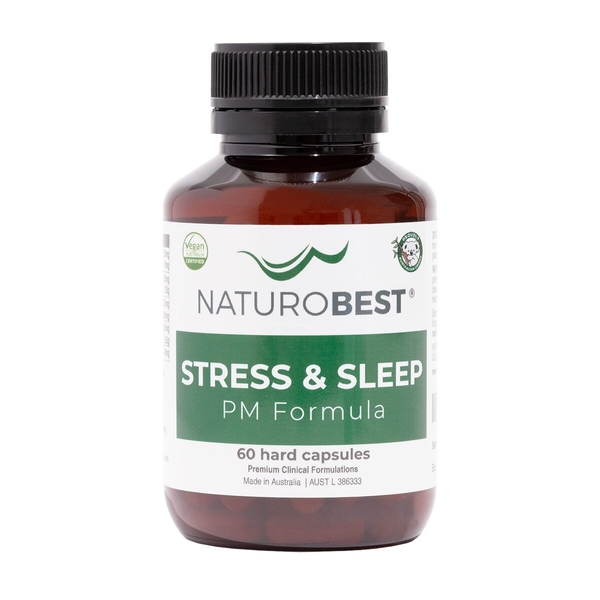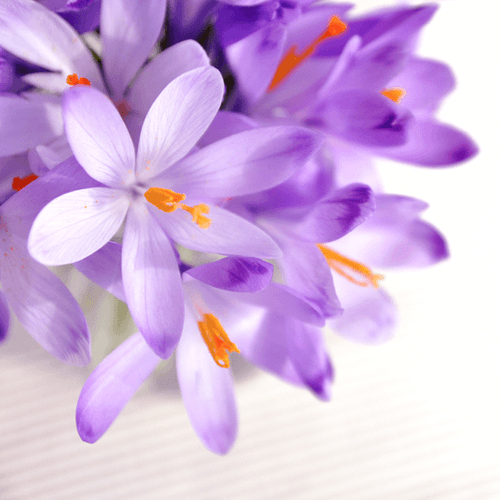
Background
Saffron contains chemicals that might alter mood, kill cancer cells, decrease swelling, and act like antioxidants. It can take 75,000 saffron blossoms to produce a single pound of saffron spice. Saffron is largely cultivated in Iran and harvested by hand. It's one of the world's most expensive spices.
People commonly use saffron for depression, anxiety, Alzheimer disease, menstrual cramps, premenstrual syndrome (PMS), and many other conditions, but there is no good scientific evidence to support many of these uses.
Safety Safety definitions
Taking large amounts of saffron by mouth is possibly unsafe. High doses of 5 grams or more can cause poisoning. Doses of 12-20 grams can cause death.
When applied to the skin: There isn't enough reliable information to know if saffron is safe or what the side effects might be.
Special Precautions & Warnings:
Pregnancy: Saffron is commonly consumed as a spice or coloring in foods. Taking saffron by mouth in amounts larger than what is normally found in food is likely unsafe. Larger amounts of saffron can make the uterus contract and might cause a miscarriage.Breast-feeding: There isn't enough reliable information to know if saffron is safe to use when breast-feeding in amounts greater than those found in food. Stay on the safe side and stick to food amounts.
Bipolar disorder: Saffron seems to be able to affect mood. It might trigger excitability and impulsive behavior in people with bipolar disorder. Don't use saffron if you have this condition.
Allergies to Lolium, Olea (includes olive), and Salsola plant species: People who are allergic to these plants might also be allergic to saffron.
Surgery: Saffron slows down the central nervous system. Anesthesia and other medications used during surgery also affect the central nervous system. Stop taking saffron at least two weeks before a scheduled surgery.
Effectiveness
- Alzheimer disease. Taking saffron by mouth might improve some symptoms of Alzheimer disease by a small amount.
- Depression. Taking saffron by mouth with or without antidepressant drugs seems to improve symptoms of depression.
Dosing & administration
Interactions with pharmaceuticals
Caffeine
Interaction Rating=Moderate Be cautious with this combination.
Saffron might decrease how quickly the body breaks down caffeine. Taking saffron with caffeine might increase the effects and side effects of caffeine in some people.
Medications for diabetes (Antidiabetes drugs)
Interaction Rating=Moderate Be cautious with this combination.
Saffron might lower blood sugar levels. Taking saffron along with diabetes medications might cause blood sugar to drop too low. Monitor your blood sugar closely.
Medications for high blood pressure (Antihypertensive drugs)
Interaction Rating=Moderate Be cautious with this combination.
Saffron might lower blood pressure. Taking saffron along with medications that lower blood pressure might cause blood pressure to go too low. Monitor your blood pressure closely.
Sedative medications (CNS depressants)
Interaction Rating=Moderate Be cautious with this combination.
Saffron might cause sleepiness and slowed breathing. Some medications, called sedatives, can also cause sleepiness and slowed breathing. Taking saffron with sedative medications might cause breathing problems and/or too much sleepiness.
Interactions with herbs & supplements
Herbs and supplements that might lower blood sugar: Saffron might lower blood sugar. Taking it with other supplements with similar effects might lower blood sugar too much. Examples of supplements with this effect include aloe, bitter melon, cassia cinnamon, chromium, and prickly pear cactus.
Herbs and supplements with sedative properties: Saffron might cause sleepiness and slowed breathing. Taking it along with other supplements with similar effects might cause too much sleepiness and/or slowed breathing in some people. Examples of supplements with this effect include hops, kava, L-tryptophan, melatonin, and valerian.
Interactions with foods
Products
View all products- Crocus sativus (Saffron) ext. 7.33 mg equiv. safranal 147 μg equiv. picrocrocine 220 μg
- Withania somnifera ext. 160 mg
- Rhodiola rosea ext. 81.25 mg
- Pyridoxine hydrochloride (Vitamin B6) 11 mg equiv. pyridoxine 9.05 mg
- Pyridoxal 5-phosphate (P5P) 5 mg equiv. pyridoxine 3.42 mg
- Ascorbic acid (Vitamin C) 35 mg
- Zinc citrate 26.2 mg equiv. zinc 8.5 mg
- Hypericum perforatum ext. 250 mg
- Crocus sativus (Saffron) ext. 17.5 mg
- L-tyrosine 250 mg
- Withania somnifera ext. 250 mg
- Levomefolate calcium (Activated folate) 216 μg equiv. levomefolic acid 200 μg
- Pyridoxal 5-phosphate monohydrate (P5P) 31.9 mg equiv. pyridoxine 20 mg
- Co-methylcobalamin (Vitamin B12) 75 μg
- Zinc amino acid chelate 60 mg equiv. zinc 12 mg
- Crocus sativus (Saffron) ext. 15 mg
- Vitex agnus-castus ext. 100 mg
- Magnesium amino acid chelate 250 mg equiv. magnesium 50 mg
- Zinc amino acid chelate 25 mg equiv. zinc 5 mg
- Pyridoxine hydrochloride (Vitamin B6) 60.78 mg equiv. pyridoxine 50 mg
- Potassium iodide 98.1 μg equiv. iodine 75 μg
- Selenomethionine 186.3 μg equiv. selenium 75 μg
- Crocus sativus (Saffron) ext. 15 mg
- L-tyrosine 1 g
- Magnesium citrate 1.23 g equiv. magnesium 200 mg
- Acetyl levocarnitine hydrochloride (Acetyl-L-carnitine) 1.18 g
- Bacopa monnieri ext. 225 mg
- Calcium folinate (Activated folate) 347 µg equiv. folinic acid 250 µg
- Zinc amino acid chelate 25 mg equiv. zinc 5 mg
- Pyridoxal 5-phosphate monohydrate (P5P) 7.8 mg equiv. pyridoxine 5 mg
- Mecobalamin (Vitamin B12) 500 µg
- Nicotinamide (Vitamin B3) 17.5 mg
- Crocus sativus (Saffron) ext. 15 mg
- Melissa officinalis ext. 150 mg
- L-Ornithine 250 mg
- Bacopa monnieri ext. 250 mg
- Ascorbic acid (Vitamin C) 60 mg
- Calcium pantothenate (Vitamin B5) 5.45 mg equiv. pantothenic acid 5 mg
- Magnesium citrate 776 mg equiv. magnesium 112.5 mg
- Potassium citrate 104.5 mg equiv. potassium 40 mg
- L-cysteine 30 mg
- L-glycine 1.48 g
- Inositol 62.5 mg
- Phosphatidylserine enriched soy (powder) (Lecithin) 75 mg equiv. phosphatidylserine 37.5 mg
- Taurine 250 mg
- Crocus sativus (Saffron) ext. 14 mg
- Withania somnifera ext. 150 mg
- Pyridoxal 5-phosphate monohydrate (P5P) 7.94 mg equiv. pyridoxine 5 mg
- Calcium folinate (Activated folate) 220 µg equiv. folinic acid 200 µg
- Mecobalamin (Vitamin B12) 100 µg
- Schisandra chinensis ext. 80 mg
- Thiamine hydrochloride (Vitamin B1) 25.42 mg equiv. thiamine 20 mg
- Riboflavin 5-phosphate sodium (Activated B2) 13.16 mg equiv. riboflavin 10 mg
- Nicotinamide (Vitamin B3) 50 mg
- Calcium pantothenate (Vitamin B5) 54.59 mg equiv. pantothenic acid 50 mg
- Rhodiola rosea ext. 75 mg
- Ganoderma lucidum ext. 75 mg

